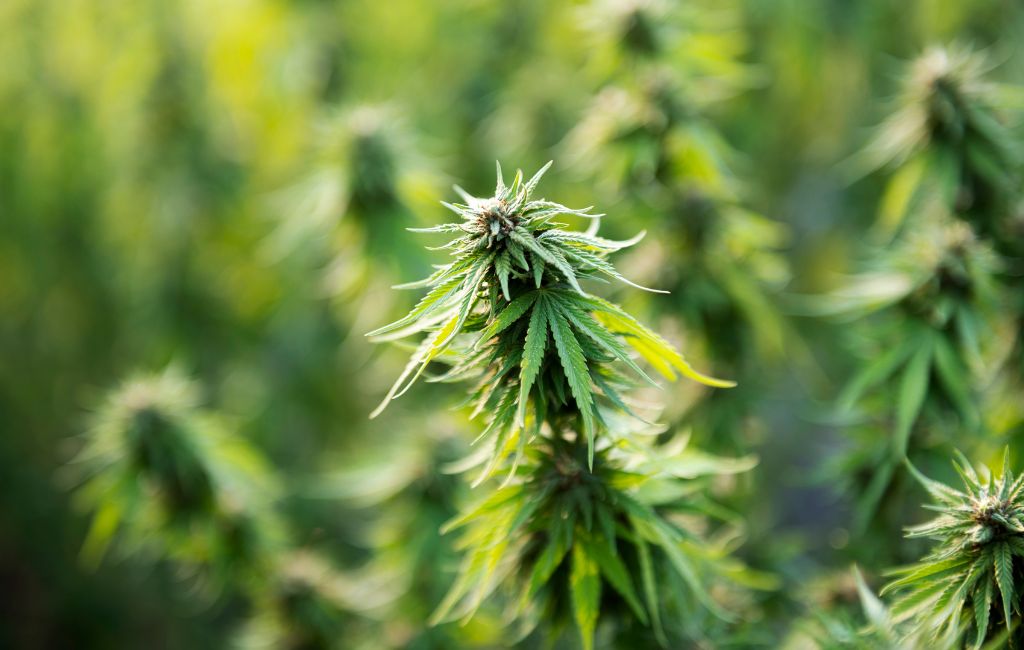Unlocking THCa Flower in Herbal Medicine
The exploration of cannabis in herbal medicine has gained significant traction in recent years. Among the many compounds found in cannabis, THCa (tetrahydrocannabinolic acid) is emerging as a noteworthy component. This article delves into the potential of THCa flower in herbal medicine, examining its properties, benefits, and applications.
Understanding THCa: The Basics
THCa is a non-psychoactive cannabinoid found in raw cannabis plants. Unlike THC, which is known for its psychoactive effects, THCa does not produce a “high.” This makes it an attractive option for those seeking the therapeutic benefits of cannabis without the mind-altering effects.
How THCa Differs from THC
- THCa is the acidic precursor to THC.
- THCa converts to THC through a process called decarboxylation, which occurs when cannabis is heated.
- THCa is non-psychoactive, while THC is psychoactive.
Potential Benefits of THCa
Research into THCa is still in its early stages, but preliminary studies and anecdotal evidence suggest several potential benefits:
Anti-Inflammatory Properties
THCa has shown promise as an anti-inflammatory agent. A study published in the “Journal of Pharmacology and Experimental Therapeutics” highlighted its potential to reduce inflammation, which could be beneficial for conditions like arthritis and inflammatory bowel disease.
Neuroprotective Effects
Research indicates that THCa may have neuroprotective properties. This could make it a valuable tool in managing neurodegenerative diseases such as Alzheimer’s and Parkinson’s. A study in “Phytomedicine” suggested that THCa might help protect brain cells from damage.
Anti-Nausea and Appetite Stimulation
THCa may help alleviate nausea and stimulate appetite, making it potentially useful for patients undergoing chemotherapy or those with eating disorders. Anecdotal reports from patients have supported these claims, though more research is needed.
Applications of THCa Flower in Herbal Medicine
THCa flower can be used in various forms to harness its potential benefits. Here are some common applications:
Juicing Raw Cannabis
Juicing raw cannabis leaves and flowers is a popular method to consume THCa. This method preserves the cannabinoid in its natural state, allowing users to benefit from its properties without psychoactive effects.
Tinctures and Topicals
THCa can be extracted and used in tinctures or topicals. These products can be applied directly to the skin or consumed orally, providing targeted relief for specific conditions.
Capsules and Edibles
For those who prefer a more traditional approach, THCa can be encapsulated or infused into edibles. This allows for precise dosing and easy consumption.
Case Studies and Real-World Examples
Several case studies have highlighted the potential of THCa in herbal medicine:
Case Study: THCa for Epilepsy
A case study published in “Epilepsy & Behavior” documented a patient with intractable epilepsy who experienced a significant reduction in seizures after using THCa. This suggests that THCa may offer an alternative treatment for epilepsy patients who do not respond to conventional medications.
Case Study: THCa for Chronic Pain
Another case study involved a patient with chronic pain who reported improved pain management and quality of life after incorporating THCa into their treatment regimen. This highlights the potential of THCa as a pain management tool.
Challenges and Considerations
While the potential of THCa is promising, there are challenges to its widespread adoption:
- Limited research: More studies are needed to fully understand the effects and benefits of THCa.
- Regulatory hurdles: The legal status of cannabis varies by region, affecting access to THCa products.
- Standardization: Ensuring consistent quality and potency of THCa products remains a challenge.
Conclusion
THCa flower holds significant promise in the field of herbal medicine. Its non-psychoactive nature and potential therapeutic benefits make it an appealing option for those seeking alternative treatments. While more research is needed to fully understand its capabilities, the existing evidence suggests that THCa could play a valuable role in managing a variety of health conditions. As interest in cannabis-based therapies continues to grow, THCa is likely to become an increasingly important component of herbal medicine.
